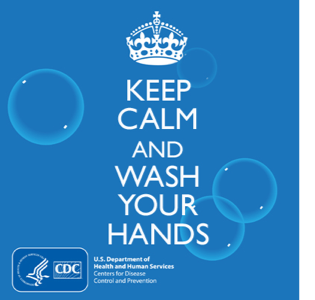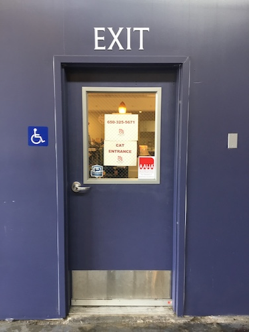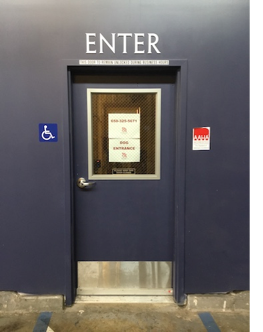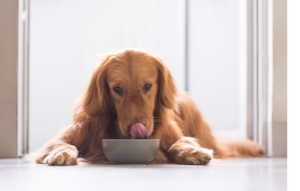 The recent anniversary of the 1906 earthquake and fire came and went without the traditional gathering at Lotta's Fountain. Typically, the gathering reminds us about being prepared for the next earthquake. Also, typically, this time of year, we support the Pet Ready! event at Foothill, which is obviously not happening. This is not a typical year.
The recent anniversary of the 1906 earthquake and fire came and went without the traditional gathering at Lotta's Fountain. Typically, the gathering reminds us about being prepared for the next earthquake. Also, typically, this time of year, we support the Pet Ready! event at Foothill, which is obviously not happening. This is not a typical year.
It's a year when emergency preparedness takes on a slightly new twist. We firmly believe in emergency preparedness, and advocate for including all pets in emergency preparedness. They are family members, after all, yet they have unique needs beyond just a headcount.
Our hope is that everyone has stashed away everything on our Pet Ready! checklist. The links on the checklist go to the blog post on that specific topic, which contains additional useful information. For example, why you don't store plastic water bottles on a cement garage floor. If you have time, reading the blog posts which interest you, can be super helpful.
The most important thing is gathering the items on the checklist. If you have your kit assembled already, it's a good time to rotate or refresh the stock, such as extra meds and food. The Pet Ready! checklist wants you to include an Info Sheet, which says whether your pet is up to date with their vaccinations, etc. You'll want to review that information.
Here's the new twist. While you're updating the Info Sheet, you may want to also create a brief plan for your pet's care in an emergency. The plan would include: feeding schedule, medicine schedule (or medical condition and treatment instructions), and veterinarian's name and contact information. To match the regular Info Sheet, clearly label it with names (yours and the animal's) and your contact info, but add a couple of family contacts authorized to know your medical status, and at least one temporary caregiver for your pet. If you sign it and send it to us, we'll include it in your pet's record, so your temporary caregiver can act as your agent in requesting veterinary care.
This idea is new, coming out of the COVID-19 crisis, but the plan would apply to any emergency. Honestly, this info could have been part of the Pet Ready! documentation all along, but we didn't think of it until the pandemic brought the new perspective to light. We have the most incredible animal shelters right here in the Bay Area, but the point is to keep your pet out of them.
It's a two-fer. Good for the current situation, and good for emergency preparedness generally. You know the old saying: "better to have it and not need it, than to need it and not have it."



 The latest information about animals and the virus that causes COVID-19 included a bit of news from the Bronx Zoo, which caused anxiety to go back up amongst a few pet owners. We looked into it and assure you that you can let any anxiety dissipate with a proper game plan.
The latest information about animals and the virus that causes COVID-19 included a bit of news from the Bronx Zoo, which caused anxiety to go back up amongst a few pet owners. We looked into it and assure you that you can let any anxiety dissipate with a proper game plan.

 A quick progress update about the research surrounding the FDA's concern over what's causing dilated cardiomyopathy (DCM) in dogs eating certain types of pet food. In case you missed it, this is an issue we
A quick progress update about the research surrounding the FDA's concern over what's causing dilated cardiomyopathy (DCM) in dogs eating certain types of pet food. In case you missed it, this is an issue we